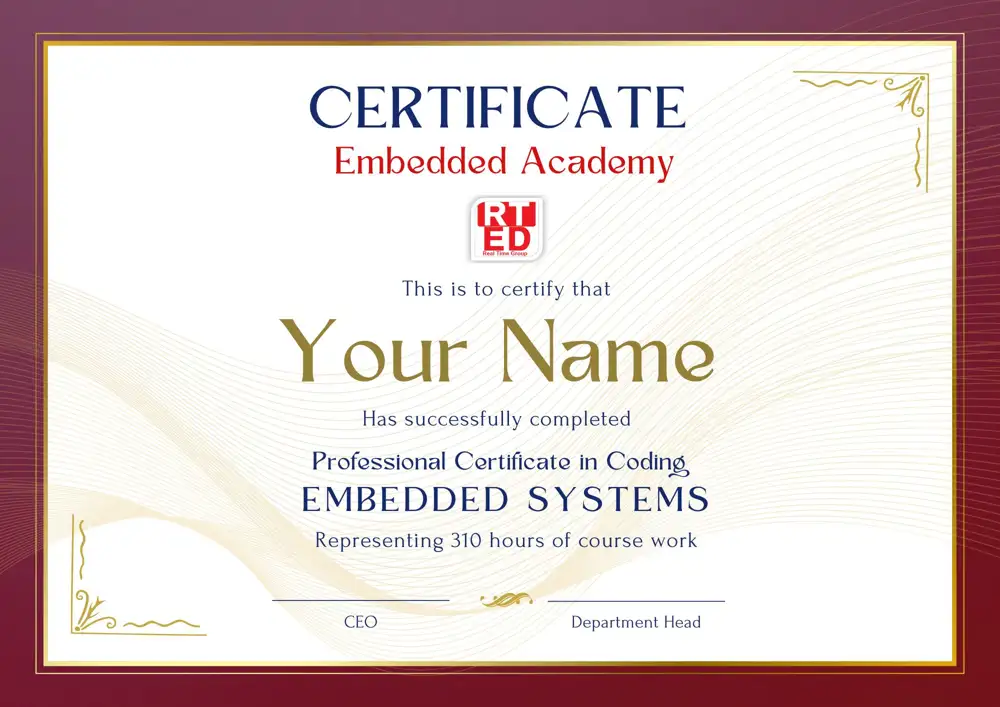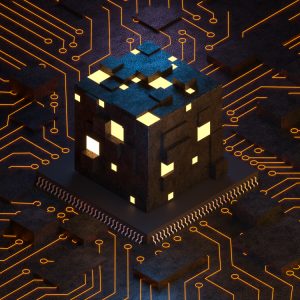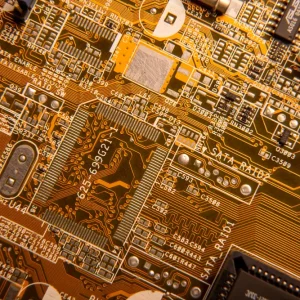
After completing the Embedded Systems program you would be well-equipped to pursue various roles in the technology and engineering industry. Some potential job opportunities include:
1. Embedded Systems Engineer: Designing, developing, and testing software and hardware components of embedded systems, focusing on efficiency, performance, and functionality.
2. Firmware Engineer: Creating software that operates and controls electronic devices or systems, often working closely with hardware engineers to ensure proper integration.
3. IoT (Internet of Things) Developer: Developing applications and solutions for IoT devices, which involves connecting physical devices to the internet and enabling data exchange.
4. Device Driver Developer: Creating software that allows operating systems to interact with hardware devices, ensuring proper communication and functionality.
5. Real-Time Systems Engineer: Developing systems that require real-time responses, such as control systems, robotics, and industrial automation.
These roles span various industries, including automotive, aerospace, consumer electronics, healthcare, industrial automation, and more. Your skills in C, C++, ARM embedded systems, and networking will make you a valuable asset in the development of advanced and cutting-edge technologies.






.webp)
.webp)
















